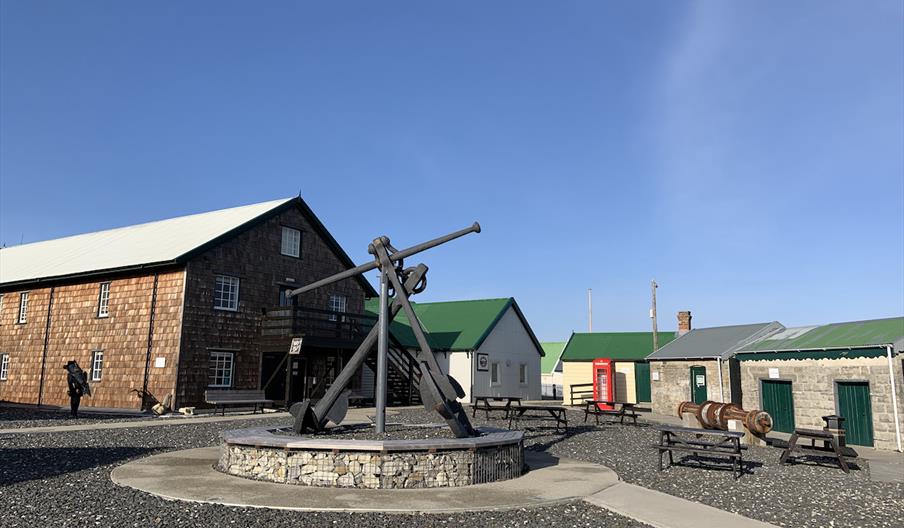
About
Summary
The Tourism Marketing Strategy (2020-2025) was commissioned by the Falkland Islands Tourist Board (FITB) to update and replace the previous Tourism Marketing Strategy 2016-2025 (developed by Acorn), which focussed specifically on the period 2016-2018 with a detailed strategy, and included more broad recommendations for marketing in the medium (2019-2021) and long term (2022-2025).
The COVID-19 pandemic had been an unexpected disruption to tourism worldwide, and effectively left the Falklands without any inbound international visitors in the 2020-2021 season. The new strategy, therefore, took into consideration the various short, medium and longer term changes that the pandemic was likely to have on tourism in the Falklands. One of these was the acceleration of the use of the Internet by travellers for research and booking of holidays, as well as sharing their experiences during and after their trips.
Our Approach
Acorn has been responsible for providing the FITB with market research and tracking the tourism sector since 2008, and therefore had significant information at our disposal for the compilation of the marketing strategy. Therefore it was compiled based on this research, supported by consultations with FITB and some of the key stakeholders in the Islands.
We undertook a comprehensive review of the sector, clearly identifying all the demand trends relating to international inbound, domestic and cruise tourism. This was also supported with data from digital marketing activities over the last four years. A review of the expected impact of COVID-19, in particular on traveller behaviour was undertaken as well as a review of the strategic pillars that supported the previous strategy.
The digital marketing strategy included two influencers visiting the Falklands for 10 days each, following different itineraries (one focussing on wildlife and the other Falklands history and local life), each with a remit to write five blogs and 20 posts on Instagram
Outcome
The Marketing Strategy set out a highly practical action plan, identifying the priority and cost of activities split into ongoing marketing deliverables (such as Facebook marketing) and one-off project activities (such as the establishment of an online booking system).
A set of indicators was also established so that the implementation of the strategy could be monitored, and its success measured. These included increasing visitor spend and length of stay, social media impression targets, and implementation of various strategic activities such as events to mark the 40th anniversary of the Falklands War.
Directions
Projects Nearby
Designed and implemented an ongoing domestic tourism survey for the Falkland Islands. The…
Analysis of the times and costs of air travel to the Falkland Islands from various key…
Study to develop a system of tourism statistics to provide the Falkland Islands Tourist…
Implemented a Digital Marketing Strategy for the Falkland Islands Tourist Board with the…
To monitor the tourism sector and enable regular and up-to-date reporting of visitor…
Study to undertake a cruise tourism strategy to reverse the fortunes of the sector, which…
Design and implementation of a face-to-face air visitor exit survey capturing visitor and…
Survey to gain insight into the users of the Falkland Islands Tourist Board website, and…
Developed an eight-year Tourism Development Strategy for the Falkland Islands with the…
Whilst only 10% of the Falklands population live outside of the capital, Stanley,…
The objective of this study was to undertake qualitative research in the form of focus…
Development of a prospectus to encourage investment for a chain of luxury lodges in the…
Assistance to the Falkland Islands Tourist Board providing regular updates on the likely…
The Tourism Recovery Incentive Programme (TRIP) was part of the Falkland Island…
Each year Acorn compiles all the tourism statistics for the Falkland Islands into a…
Development of a series of tourism satellite accounts for the Falkland Islands since…


.png)






